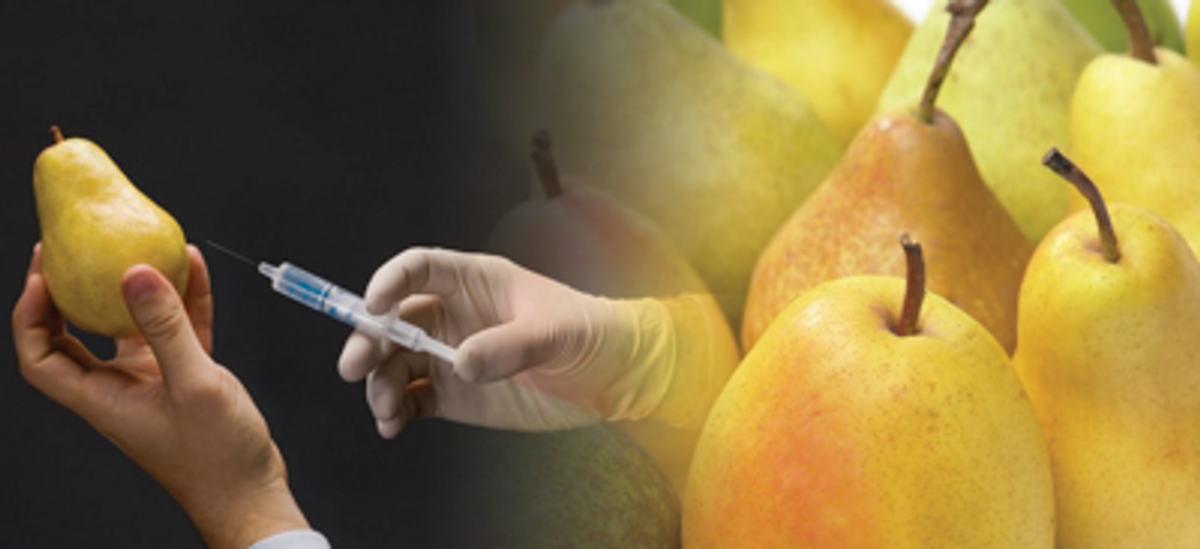But that is the way of this issue. Without any clear evidence of what types of nanomaterials are used in which food stuffs (we are not including nanoclays used as a filler for plastic packaging), much of the coverage of this issue is based on little more than speculation. An example of this is the various numbers provided for the amount of food products containing nanomaterials: “The Woodrow Wilson International Center for Scholars sets the number at 84; the Project on Emerging Nanotechnologies has the number at 98; and in a 2008 report on nanofood, Friends of the Earth identified 104 food and cosmetic products containing nanomaterials.”
Once again, we are told that labeling will cure this and inform consumers. But as I have argued before this proposal will do little to inform and do much to terrify people, often, if not completely, needlessly.
Then the piece really falls completely under the influence of a Friends-of-the-Earth (FoE) representative, which as an organization has demonstrated its aim to create an open debate on the uses of nanotechnology by boycotting public engagement meetings.
It all turns somewhat comical by the end when the FoE representative argues that even if nanoparticles are proven to be completely harmless in food, it would still be objectionable because people might be getting all their nutrients without eating fruits and vegetables. “What it comes down to, I’d recommend that consumers veer away from processed foods.”
I am sure that this sentiment will really strike a chord with the affluent and comfortable who are concerned that their carbon footprint may be endangering the planet. But for the poor and starving it might be a pretty good thing to have a simple and inexpensive processed food that could supply your nutritional needs when you can neither grow nor afford the fruits and vegetables that would give you a balanced diet.
Dexter Johnson is a contributing editor at IEEE Spectrum, with a focus on nanotechnology.




